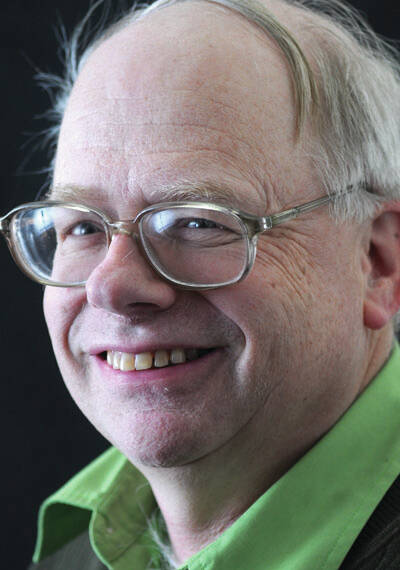Imagine a category on television’s “Jeopardy!” entitled 1990s Movies.
The clue: Robert Redford received his final Academy Award nomination for directing this film about a 1958 scandal.
The answer: What is “Quiz Show.”
Given the publicity accompanying the search for a permanent successor to the late “Jeopardy!” host Alex Trebek, Redford’s 1994 drama has resurfaced as timely. Well-acted and directed, it is a very good film that could have been better with a more focused final act.
During the mid-1950s, game shows were among the highest-rated programs on television. One of the most popular was “Twenty-One,” a hybrid of the Daily Double portion of “Jeopardy!” and of the casino game blackjack. Contestants answered difficult questions (one example was identifying the man who loaned Paul Revere a horse for his midnight ride) that were assigned varying point values in an effort to reach 21 points.
The audience didn’t realize, however, that “Twenty-One” games were rigged (as they were on a few other such programs). Contestants were not only supplied the answers, but much of the on-camera drama was orchestrated.
As “Quiz Show” opens, nerdish ex-serviceman Herbert Stempel (played by John Turturro) is the reigning “Twenty-One” champion. His abrasive manner, however, is beginning to alienate the audience and the sponsors (legendary director Martin Scorsese has a nice cameo role as the representative of the chief sponsor).
Cold-blooded producer Dan Enright (David Paymer) orders Stempel to lose to the charismatic challenger Charles Van Doren (Ralph Fiennes) — a charming, socially prominent college instructor. Van Doren initially balks at being a party to a fixed game, but his reservations are overcome by the promise of fame and fortune.
But Stempel, who is Jewish, not only is offended at being told to miss a key question that he could have answered without assistance but suspects anti-Semitism figures in Enright’s machinations.
While Van Doren becomes a national icon, the bitter Stempel eventually spills the beans to the authorities. His allegations attract the attention of young congressional aide Richard Goodwin (Rob Morrow). Even while befriending Van Doren, Goodwin launches an investigation to expose the scandal.
Morrow, the quirky doctor on television’s “Northern Exposure,” isn’t quite right for this role. But the remainder of the cast is exceptional.
Turturro, Fiennes and Oscar-nominated Paul Scofield (who played Van Doren’s patrician but principled father, poet Mark Van Doren) are excellent. Best of all is veteran character actor Paymer, who is chillingly believable as the producer who may have owned a moral compass at one stage of his life but chucked it into the Hudson River without regret long ago.
Perhaps inevitably, Redford and screenwriter Paul Attansio were attacked in some quarters for historical discrepancies. Some were pretty minor (a YouTube video clip of the actual Stempel-Van Doren confrontation reveals Stempel as far less annoying than the way Turturro plays him).
But Goodwin’s role in the investigation was grossly exaggerated. And the omission of Enright’s motivation for initiating the fix (according to most accounts, he believed the questions were so difficult that an honest game would take too long to complete) was inexcusable.
For the most part, the filmmakers do a terrific job of condensing the story into a 130-minute film. The characters are well-developed and the narrative is absorbing.
A somewhat muted climax, however, leads the audience to wonder about the movie’s message. Is it an indictment of the television industry or the evils of celebrity? Is it a commentary on the gullibility of the viewing public? More to the point, what lessons were learned from the episode? What safeguards, if any, have been employed to prevent another scandal from occurring?
Somehow it is appropriate, though, that a film called “Quiz Show” would contain as many questions as answers.


